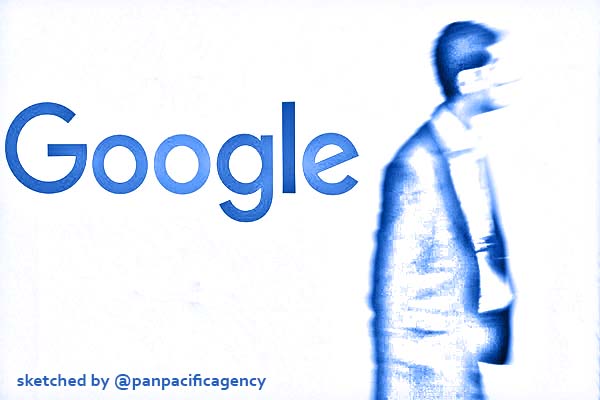Google says Australian media bargaining laws open up opportunities to ‘game’ the system

Google has reportedly suspended business with Huawei that requires the transfer of hardware and software products except those covered by open source licenses. Photo: EPA-EFE. Sketched by the Pan Pacific Agency.
CANBERRA, Aug 24, 2020, ZDNet. The battle between the Australian Competition and Consumer Commission (ACCC) and Google has on Monday continued with the search engine giant again saying the country’s new media bargaining rules would dramatically worsen how users experience Google Search and YouTube, giving news businesses the ability to “game” the system, ZDNet reported.
The News Media Bargaining Code adopts a model based on negotiation, mediation, and arbitration to “best facilitate genuine commercial bargaining between parties, allowing commercially negotiated outcomes suited to different business models used by Australian news media businesses”.
The ACCC believes the code is necessary to address the fundamental bargaining power imbalances between Australian news media businesses and major digital platforms, such as Facebook and Google.
But Google believes it contains an unfair arbitration process that “ignores the real-world value Google provides to news publishers and opens up to enormous and unreasonable demands”.
Google said the new law would require it to give special notice and explanations to news businesses, dramatically worsening how users experience its services.
“If we are required to give one group special advice about how to get a higher ranking, they’d be able to game the system at the expense of other website owners, businesses, and creators, even if that doesn’t provide the best result to you,” Google wrote in a blog post.
“If we want to keep our algorithms fair for everyone, we would have to stop making any changes in Australia. This would leave Australians with a dramatically worse Search and YouTube experience.”
The code, as is currently drafted, requires digital platforms to give news media businesses 28 days’ notice of algorithm changes that are likely to materially affect referral traffic to news, algorithm changes designed to affect ranking of news behind paywalls, and any substantial changes to the display and presentation of news and advertising directly associated with news.
“28-day advance notice is really a 28-day waiting period before we can make important changes to our systems,” Google said on Monday.
“That’s 28 days before we can roll out defences against new kinds of spam or fraud. 28 days of extra delay before we can launch new features that are already available to the rest of the world. And 28 days before we can fix things that break.”
Similarly, the code requires digital platforms to tell a registered news business how it can gain access to data.
“If we are required to hand that data over to news organisations, there’s no way to know what controls they will give you, nor how your data will be protected — or how it might be used by news businesses,” it wrote.
The watchdog rebutted this claim last week, saying Google would not be required to share any additional user data with Australian news businesses unless it chooses to do so, the search giant said the code does, in fact, require that.
Google said the code is “extremely one-sided and unfair” and that it contains provisions that are difficult to comply with while providing a useful service.
“So unfair that no company should be asked to accept it,” it said. “We’re happy to pay more to license content, and want to support journalism as it transitions to a digital future, but a fair negotiation or arbitration should factor in the value both parties provide.”
If the search giant doesn’t comply with the provisions, the law imposes fines of up to 10% of its turnover for each breach of the law.
It also reiterated that news queries account for just over 1% of its total search queries in Australia.
“The arbitration is set up to encourage news businesses to make unreasonable and exorbitant financial demands,” it said. “We have news partners in other countries, as well as countless other categories of websites and content that people search for. It simply isn’t viable for us, or any digital platform, to pay unreasonable and exorbitant amounts to one group in one country.”
Submissions to the ACCC on its draft code close 28 August 2020.